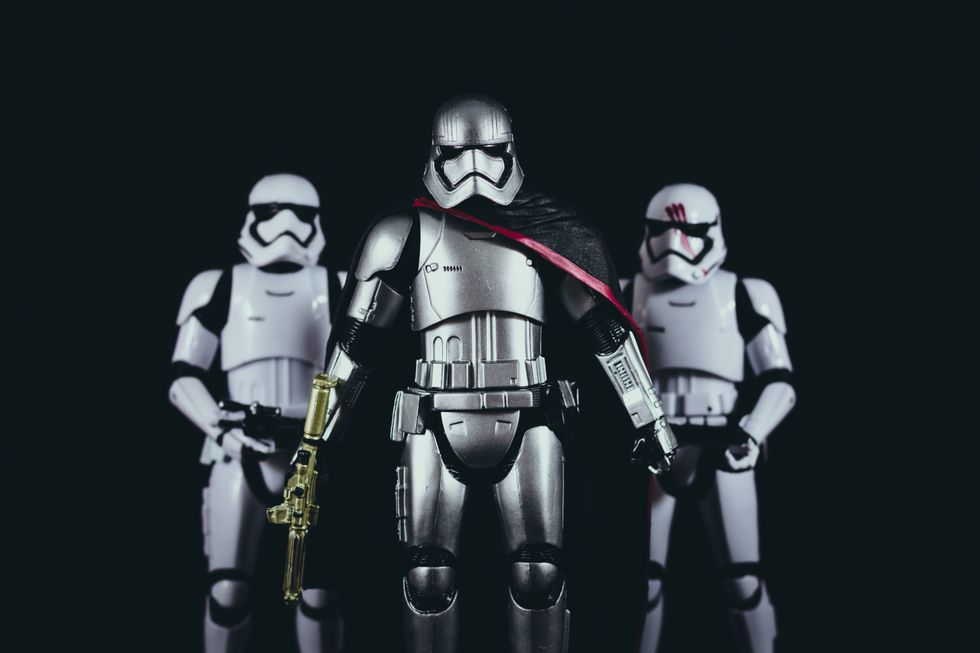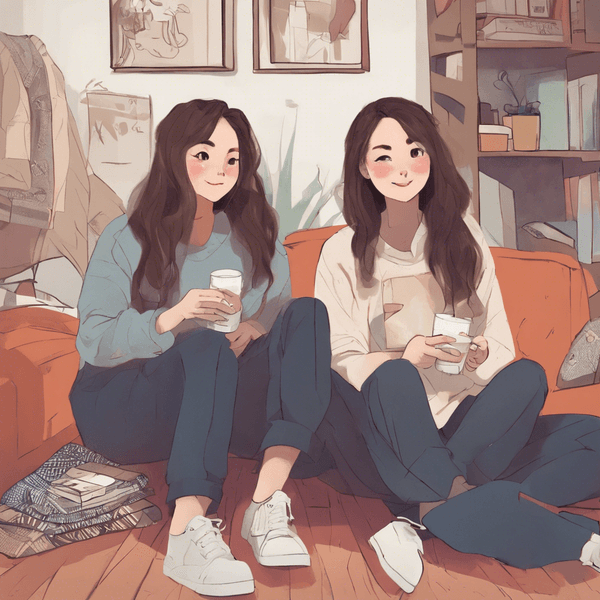Most of us love to hate villains. Others love to love villains. As a writer, I believe every good book (or movie or show) should leave the reader with a mix of both hatred, affection and unsettling moral confusion about the villain. Without a good villain, most if not all of the story is lost.
I shall begin by picking on Marvel. First let it be known that I am a die-hard Marvel fan and I try to see all their movies in theaters, but my writer half has a lot of trouble appreciating their villains. They started out great—their best and my personal favorite villain, Loki, is a prime example of a near-perfect antagonist. As of late, however, Marvel’s villains have been forgettable and weak. The difference lies in background, motivation, ties to the hero, ultimate goals and methods of reaching those goals.
Like Loki, a good antagonist can never quite be called a true villain (i.e., an evil entity who serves as a mindless/power-hungry foil to the hero, like Jafar from Aladdin). Loki has a deep and meaningful background with the hero, Thor. He develops as a character while remaining true to his original personality. (As the overlooked/neglected god of Mischief, he has always been a troublemaker, but it isn’t until Odin reveals his true heritage that Loki begins his real foray into violence). As Loki’s character arc continues through the Marvel films, we understand his motivations and why he pursues certain goals. Even though we can’t agree with his methods, we know why he thinks this way. Our greatest desire is for him to be reconciled to a good relationship with his brother.
Conversely, Marvel’s more recent villains show no such depth. Take Ronan from Guardians of the Galaxy. He is a murderer, torturer and fanatic of the ancient ways, not to mention he has a ravenous appetite for judgement and punishment (he is Ronan the Accuser). But his connection to the heroes is distant at best. He isn’t even aware of their existence until the final battle scene. It’s not very clear why Ronan wants to destroy Xandar in the first place, and for most of the movie, we don’t even care. Marvel reduces him to a vague, powerful, needs-to-be-stopped-at-all-costs force with no personality. He simply serves as a convenient reason for the heroes to unite. It is weak development and sloppy execution. I did not enjoy Ronan. (Ego, from Guardians of the Galaxy Vol. 2, is a huge improvement on this. I wanted to punch him).
Thus, proper antagonist development is key for a memorable story.
In my own books, I always try my hardest to develop the antagonists—possibly because I have always been partial to villains, and also because I have seen enough action movies to know there’s a reason they’re called action movies and not well-developed-character movies.
While writing my science fiction novel Blue 15 (which, by this point, is gearing up for its third rewrite) I paid special attention to my antagonist. He started out as a frigid and distant force who only served to subdue the hero, but as the book went on I began revealing confusing details that put him in the hero’s past and unveiled a complex set of motivations. By the end of the book, I had I given him reasons to be a villain and made sure the reader knew them. I gave him a chance to be redeemed. Whether or not he took that chance will be revealed when the book is published (I say with hope).
All in all, the antagonist is just as important, if not more important (in some cases) than the hero. Without proper attention to the villain, a story can fall disappointingly flat. Of course, not every story needs a humanized villain (man vs. nature, man vs. self, etc.), but the ones that do should ensure the reader’s assent that the antagonist is more than just a Big Bad Threat. They are a real, well-rounded people just like the main characters.
So give villains the attention they deserve. Making them 100% bad isn’t good.



 StableDiffusion
StableDiffusion StableDiffusion
StableDiffusion StableDiffusion
StableDiffusion Photo by
Photo by  Photo by
Photo by  Photo by
Photo by 
 Photo by
Photo by  Photo by
Photo by  Photo by
Photo by  Photo by
Photo by  Photo by
Photo by 












